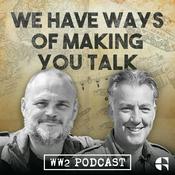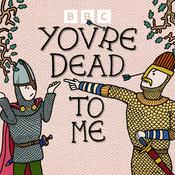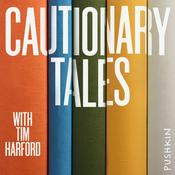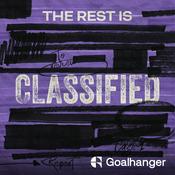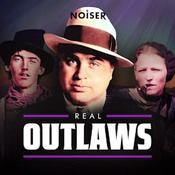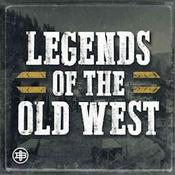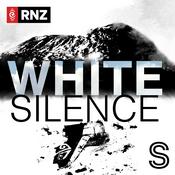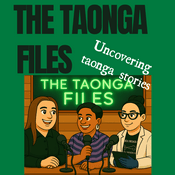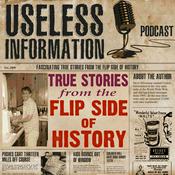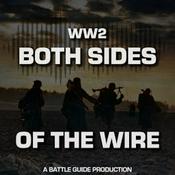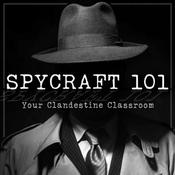Warriors In Their Own Words | First Person War Stories
Evergreen Podcasts | The Honor Project
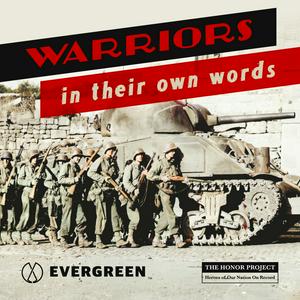
Latest episode
257 episodes
- On Easter Sunday, April 2, 1972, two EB-66 aircraft, call signs Bat 21 and Bat 22 were flying pathfinder escort for three B-52s, which were assigned to bomb the two primary access routes to the Ho Chi Minh Trail through Laos. Gene Hambleton, a navigator aboard Bat 21, was shot down behind North Vietnamese lines. His rescue became known as the largest, longest, and most complex search-and-rescue operation during the Vietnam War. In this episode, Gene Hambleton recounts his dramatic story.
Learn more about your ad choices. Visit megaphone.fm/adchoices - Forward Air Controllers or FACs choreographed this skies over the battlefield in Vietnam. They courageously flew low, slow and unarmed over enemy territory in small, propeller driven aircraft like the Cessna 0-1 Bird Dog and 0-2 Skymaster. The FACs were experts at spotting an evasive, well camouflaged enemy and they often braved a battery of enemy ground fire to target the opposing force. In this episode, FACs William Platt and Bill Townsley tell their dramatic stories, In Their Own Words.
Learn more about your ad choices. Visit megaphone.fm/adchoices - During the Vietnam War, all too often the chaos of battle found Allied forces trapped and facing annihilation. The situation called for courageous men to carry out some of the deadliest missions in the history of warfare. Forward Observers, often alone, moved behind enemy lines to serve as the eyes of the artillery gunner in delivering rounds on vital targets. In this episode, Medal of Honor recipients Barney Barnum and Brian Thacker tell their dramatic stories, In Their Own Words.
Learn more about your ad choices. Visit megaphone.fm/adchoices - The battle for Iwo Jima in World War II became the bloodiest in U. S. Marine Corps history. But for survivors like Chuck Tatum, it also represents the best, the Marines and the United States has to give. For despite the 23,000 U.S. casualties, including 5,400 dead, the flag atop Mount Suribachi, is a symbol of this nation's willingness to fight for freedom and liberty, no matter what the cost. This episode is an in-depth interview with Chuck Tatum. These are his experiences in his own words.
Learn more about your ad choices. Visit megaphone.fm/adchoices - The Marine Raiders were elite units established by the United States Marine Corp during World War II to conduct special amphibious assault missions, operating behind the lines. The Raiders were created by an order from President Franklin D. Roosevelt in February 1942. They are said to be the first U.S. special forces operations see combat in World War II. William Lansford was a member of the 2nd Raider Battalion during the Pacific campaigns. These are his dramatic stories told in his own words.
Learn more about your ad choices. Visit megaphone.fm/adchoices
More History podcasts
Trending History podcasts
About Warriors In Their Own Words | First Person War Stories
The unsanitized truth of what we have asked of those who defend this nation. From archived tapes of WWI veterans, to conversations with modern-day warriors, these are their stories, in their own words.
Podcast websiteListen to Warriors In Their Own Words | First Person War Stories, The Ancients and many other podcasts from around the world with the radio.net app

Get the free radio.net app
- Stations and podcasts to bookmark
- Stream via Wi-Fi or Bluetooth
- Supports Carplay & Android Auto
- Many other app features
Get the free radio.net app
- Stations and podcasts to bookmark
- Stream via Wi-Fi or Bluetooth
- Supports Carplay & Android Auto
- Many other app features


Warriors In Their Own Words | First Person War Stories
Scan code,
download the app,
start listening.
download the app,
start listening.



